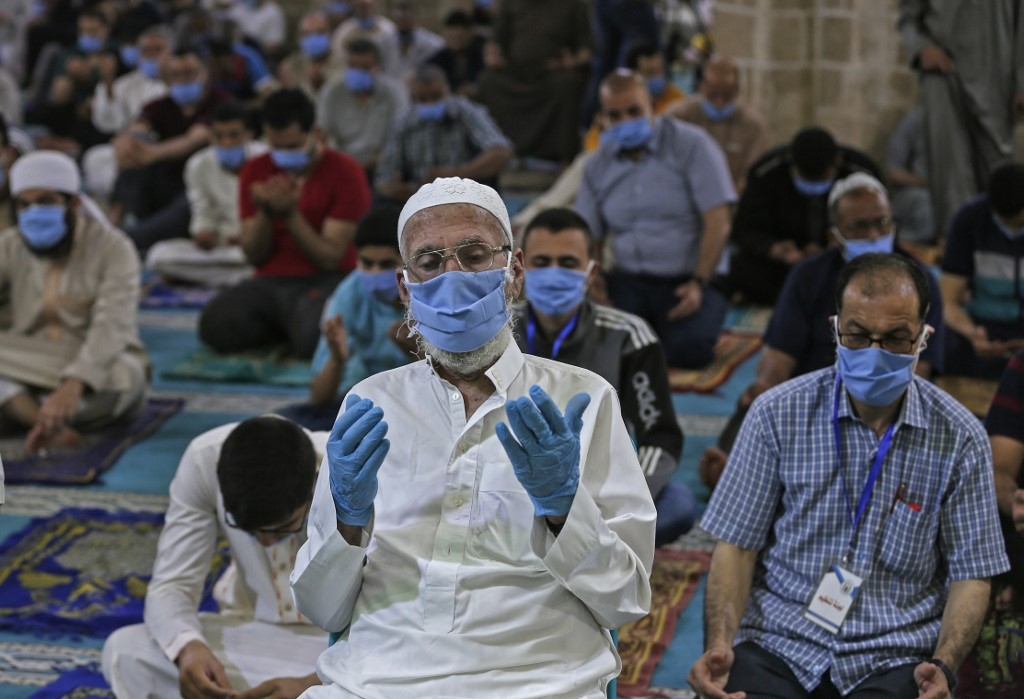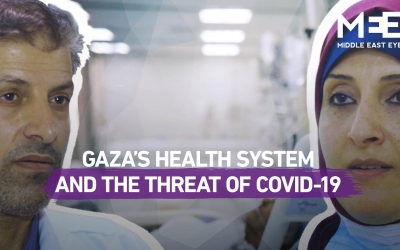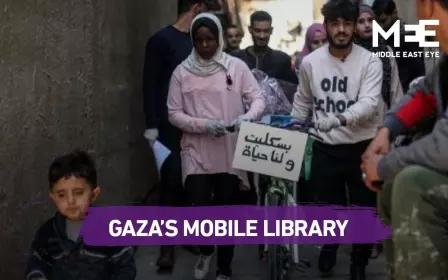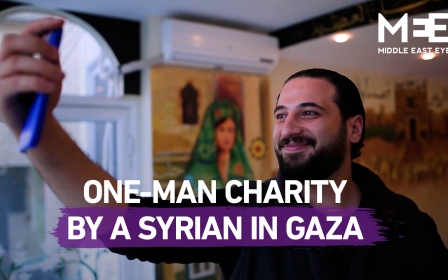Gaza reports first coronavirus death

Authorities in the Gaza Strip announced Saturday that a 77-year-old female Covid-19 patient has passed away, becoming the first fatality from the pandemic in the besieged enclave.
The patient, according to Gaza’s health ministry, had been quarantined at an isolation hospital in Rafah border crossing.
She had suffered chronic illnesses prior to her death, a statement said.
The woman had travelled to Gaza from neighbouring Egypt on 19 May and had been in hospital since then as a precaution.
According to the health ministry, the total coronavirus cases detected in Gaza so far are 55, and 16 of them have recovered.
Gaza authorities reopened mosques on Friday for the final prayer of the holy month of Ramadan and the upcoming Eid al-Fitr prayers on Sunday after nearly two months of closure.
Preventive measures, such as the mandatory wearing of face masks and advice to avoid hand shaking, were communicated to the public before the reopening.
After 14 years of an Israeli-led blockade and three military operations that targeted medical facilities, health workers in the Gaza Strip fear they will not be able to deal with a widespread outbreak.
In the occupied West Bank, 547 cases have been confirmed so far, including 179 in East Jerusalem. Four deaths had been reported until Friday.
A “state of emergency” imposed since 5 March was renewed for another month on 5 May, while school closures and a ban on non-essential travel between different areas remain in place.
All Palestinian citizens returning from abroad in Gaza and the West Bank are required to stay at a quarantine centre for 14 days as a precautionary measure.
Middle East Eye delivers independent and unrivalled coverage and analysis of the Middle East, North Africa and beyond. To learn more about republishing this content and the associated fees, please fill out this form. More about MEE can be found here.





